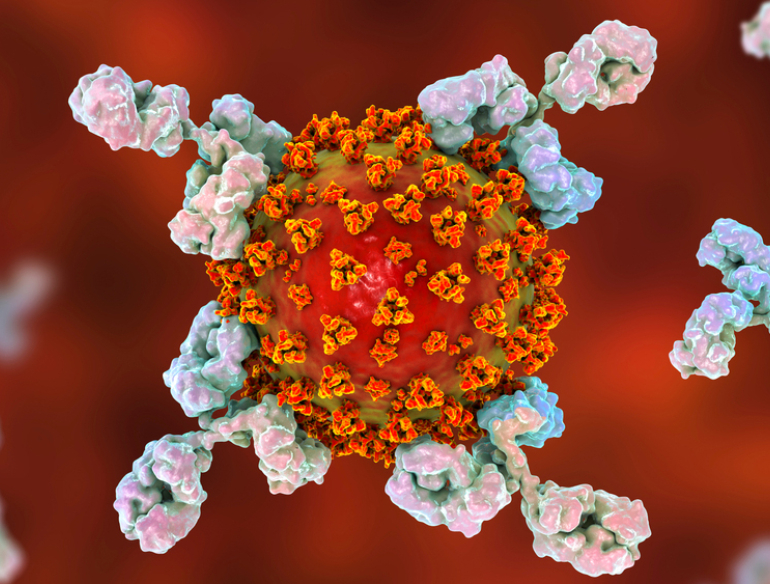Announced by the Hon. Mark Butler, Minister for Health and Ageing, on Wednesday 13 March, a project to develop a global master protocol for randomised, placebo-controlled trials has received almost $2 million in funding through the Medical Research Future Fund's International Clinical Trial Collaborations scheme.
The protocol will be designed to evaluate the safety and efficacy of unlicensed and licensed therapeutics for severe respiratory infections in hospitalised adults.
“Throughout the COVID-19 pandemic we’ve seen the development of highly effective treatments for people with early COVID-19, but therapies for people who have severe disease are much less effective,” says Professor Gail Matthews from the Kirby Institute who will be leading the research at the Kirby Institute. “Our study - Strategies and Treatments for Respiratory Infections & Viral Emergencies, or STRIVE – is designed to determine the most effective treatments and strategies in people who are hospitalised with severe respiratory illness both now and during future pandemics.”
STRIVE will be conducted across several hundred international clinical sites that are affiliated with networks funded by the United States National Institutes of Health including the INSIGHT clinical trials network.
“The funding from this proposal, will support the Sydney Co-ordinating Centre, based in the therapeutics and vaccine resaerch program, for the INSIGHT network to establish a new network of ten Australian clinical trial sites that will contribute patients and data to this international research initiative. This work will enable Australians to access cutting edge therapies and will increase Australia’s role in clinical research trials with global impact,” says Prof Matthews.
Other Kirby Institute chief investigators are Dr Nila Dharan, Prof Anthony Kelleher, Prof Virginia Wiseman, A/Prof Stuart Turville and Prof Greg Dore.
Header image credit
Shutterstock
